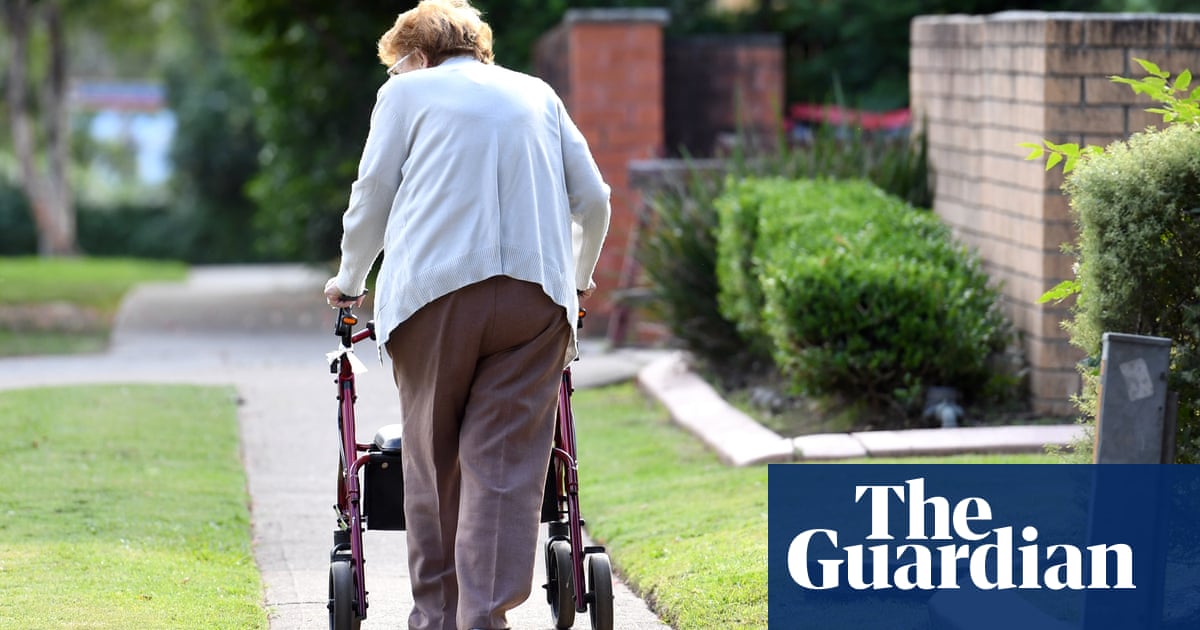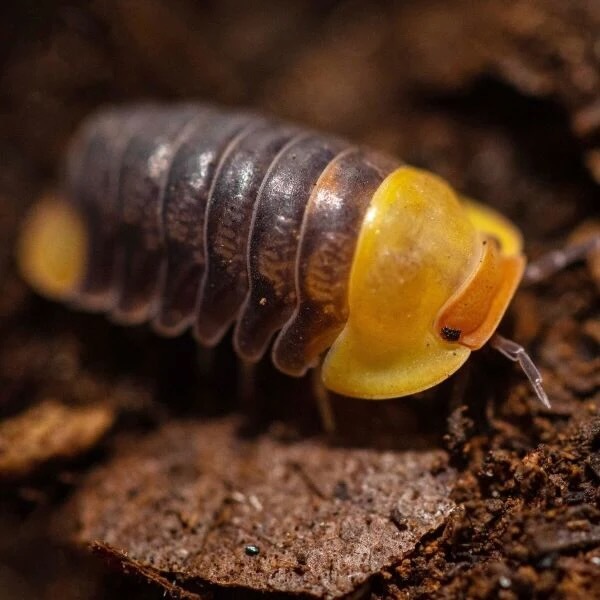Extending the human lifespan is a multibillion-pound industry and has been hailed as the most fascinating scientific challenge in modern history. But if a drug to achieve longevity is ever discovered, one thing looks certain: it is highly unlikely to work on women – and almost inconceivable that it will work on mothers.
That is because, say experts, cages in laboratories across the world are filled with white mice who share a striking similarity: they are all male.
This is a serious problem, said Dr Steven Austad, a biologist and the author of the bestselling Methuselah’s Zoo, because the sex differences between rodents are significant – and the differences between virgin female mice and mice that have given birth are even larger.
About 75% of the drugs that extend lifespan in mice work only on males: the drugs were developed on male mice then belatedly tested on both sexes, only to discover the females did not respond.
Science builds upon itself. Find an answer with the simpler case, and then work towards the more complex ones once we understand some of the mechanics. It’s like being upset that more funding is going to fighting specific cancers instead of generalized all-cancer treatments.
But even though researchers know female mice react differently to drugs to males, there have been zero studies on separate interventions that could help women live healthier, longer lives.
Imagine my surprise. Well, with the way things are going women are probably going to be consigned to being birthing machines and sex toys
deleted by creator
Yeah, women … BUT WHAT ABOUT MEEEEEE.
There are also no cries of sex bias with the Tuskeegee syphillis experiment. Do you know what that might be? Do you think that maybe sexism isn’t the issue when it comes to experimenting on humans?
Yeah but we cant change history. We can progress in the future with less bias towards a particular group, and broader encompassing studies
While true, women dodged a bullet there, you’re missing the bigger picture and entire point of the article: Women as a whole are losing out on potentially life-saving treatment to a much larger degree than some very specific fringe case from over 30 years ago.
I mean, men don’t live as long as women. Seems natural to focus on the group who has a bigger problem dying younger.
The expert quoted has had quite a life:
After earning a BA in English literature from UCLA, Austad left academia for a number of years during which among other things, he drove a taxi cab in New York City, worked as a newspaper reporter, and trained lions for television and movies.
He sounds pretty cool.
I admit I looked him up only because his view challenged what I’ve been seeing in reporting on studies done in this area. I’ve seen what seems like a trend in studying and comparing changes in lifespan and healthspan in male and female subjects (in both human and mouse). I suspect I am suffering from some recency bias, but it really does seem to me like studies in this area are better at teasing out sex differences than in non-longevity lines of research.
Anyway, thought I’d mention the expert’s colorful past
This is a problem that’s becoming outdated, thanks to NIH now requiring females to be included in studies in order to receive grant funding–barring an exceptional reason for studying males alone (e.g., male-specific problems). They are even requiring cell lines for in vitro studies to be derived, at least in part, from females, rather than from males alone.
Now … in the 21st century you mean … after over 80 years of clinical trials.
The best time to start was decades ago, but at least they’ve started.
Why sex bias in labs means women are the losers in research into
ageingvirtually all medical issuesFTFY
Apparently menstrual cycles (and the resulting fluctuating hormones) make the female body tOo CoMpLiCaTeD for researchers and they’d rather stick to the “default human model.” Bitch study some fetal developmental science: female is the default model!
Not just ageing either. The reason that a lot of medications say not to take if you are pregnant is not because they studied it and determined that it could be dangerous. It’s because they didn’t bother to study it at all.
A lot of studies will choose to only study men because women are likely to have periods, get pregnant, etc. You know, normal human life.
And it should surprise no one that it’s mostly white people, too.
When designing safety features like seat belts or safety harnesses: “Women have these weird anatomical quirks, seems complicated, let’s just ignore it.”








